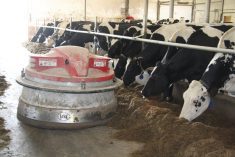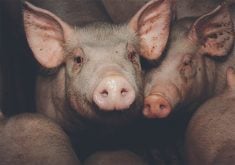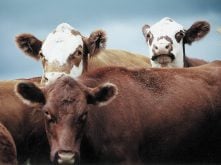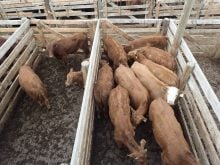RED DEER – When people decide to give horses health supplements, they should first ask why the product is needed.
Horse nutritionist Ginger Rich of Tennessee estimates there are at least 500 supplement products for horses. Some make extravagant claims with no solid research on their efficacy.
“If you are going to buy some of these products, don’t oversupplement. Know why the supplement is being used,” she said at the Alberta Horse Breeders and Owners conference in Red Deer Jan. 15.
Her evaluation of some products on the market showed a range of benefits.
Read Also
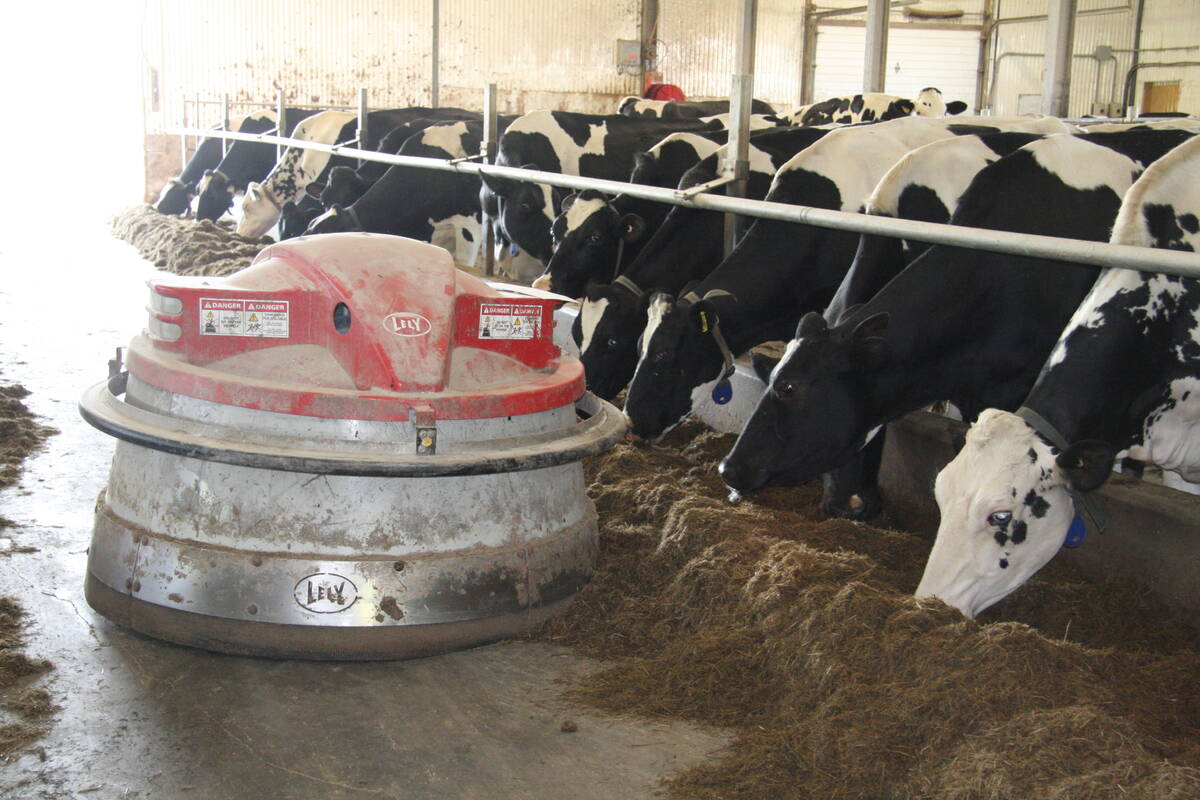
Partnerships, communication key to disease management
Communication and strong, trusted partnerships are key to managing infectious diseases like Foot and Mouth Disease and HPAI.
Vitamins B1 (thiamine) and B12 have scientifically proven nutraceutical and ergogenic traits. They are co-enzymes in the energy cycle and are useful for performance horses.
Vitamin B6 has claims as a nutraceutical ergogenic aid but no research has been done to support inclusion in the diet, although it is thought to be a co-enzyme useful in amino acid metabolism.
Folic acid claims to improve speed in performance horses or improved blood synthesis. No research proves it works in this application.
Vitamin E has nutraceutical and ergogenic qualities. Research says it helps contain certain diseases and is a natural anti-oxidant for better immune response.
Vitamin C, or ascorbic acid, is thought to improve some muscle problems in all horses as well as benefit the older horse overall. There is no significant proof of its usefulness.
MSM, or methysufonylmethane, claims to maintain collagen as well as reduce joint pain. Many horse farms use it but there appear to be no proven results.
Carnitine is an ergogenic to make fat burn better and decrease lactic acid in the blood to lessen fatigue. There are few positive results and it appears to work better for dogs.
Research does not support the claims of creatine as a performance enhancing ergogenic. It is a type of amino acid and is supposed to increase muscle mass and strength.
Bee pollen has nutraceutical and ergogenic claims but research in horses and humans does not back up claims of enhanced performance.
Ginseng is a nutraceutical herb but no research proves the claims so far.
“There are many herbs in the marketplace that tell us that they are very good for horses,” said Rich.
Most have a GRAS rating (generally regarded as safe) if used as a flavour or seasoning, but when given in larger amounts there is no research to validate the claimed benefits.
For example, garlic is a popular herb for medicinal purposes. It is a good flavouring agent in horse feed but if fed in high amounts it could cause a form of anemia, said Rich.
Sodium bicarbonate is an ergogenic but research gave it mixed results. It makes horses run faster and recover faster. It can also act as a buffering agent and warrants further research on its benefits, she said.
Iron is ergogenic and is believed to improve hemoglobin and the oxygen-carrying properties in the blood. It is not necessarily a cure for anemia, which can be caused by a zinc or copper deficiency.
Most horses that are anemic are not low in iron and it does not improve their oxygen-carrying ability if they receive more of this mineral. Feeding excess iron could make the anemia worse.
Oral joint supplements like chondroitin or glucosamine have nutraceutical and ergogenic claims to alleviate pain. Overall the research is more positive than negative.
BCAA, or branch chain amino acids, have ergogenic claims with mixed research results. It is acceptable for use and seems to increase performance and decrease fatigue.



